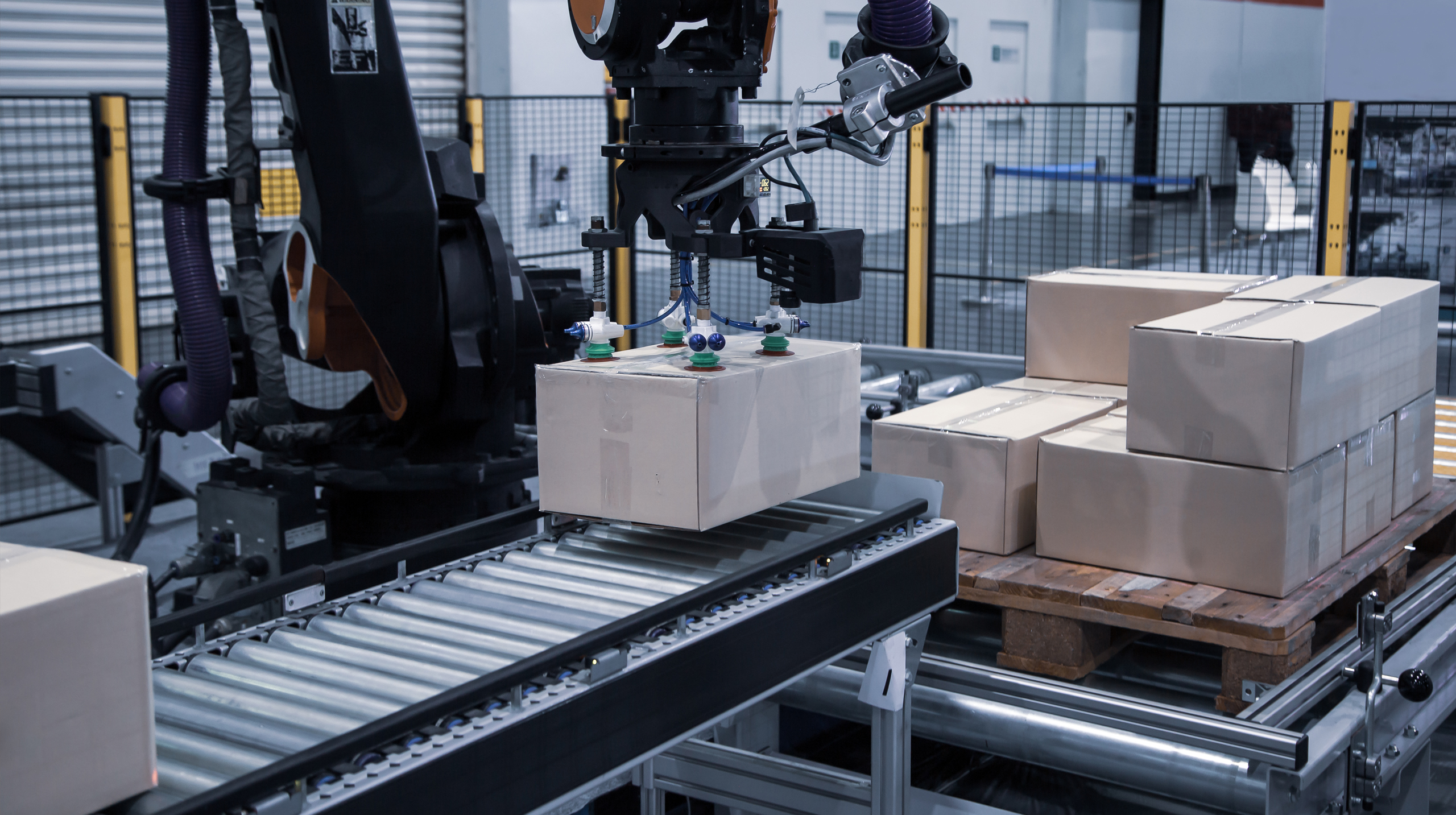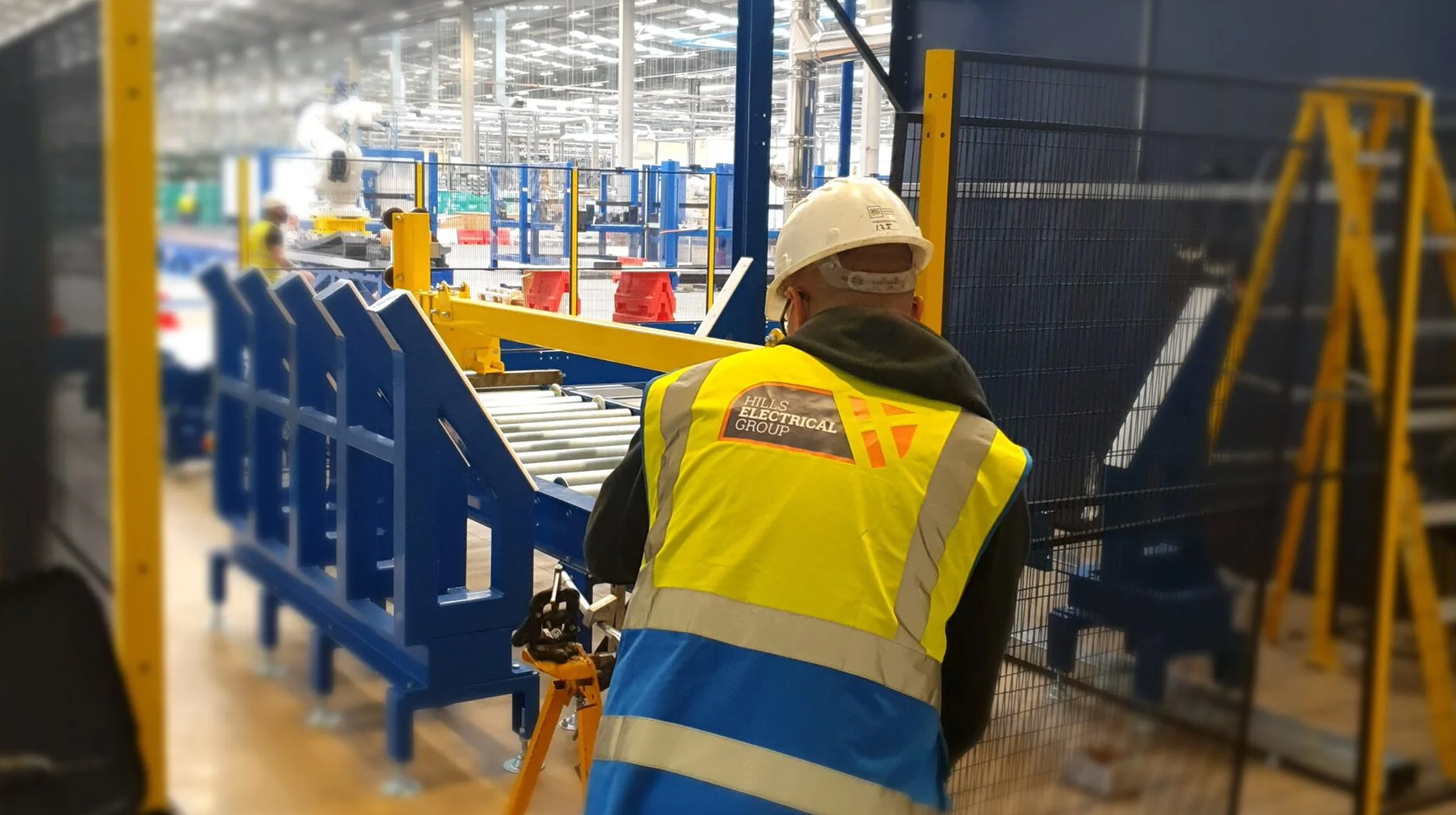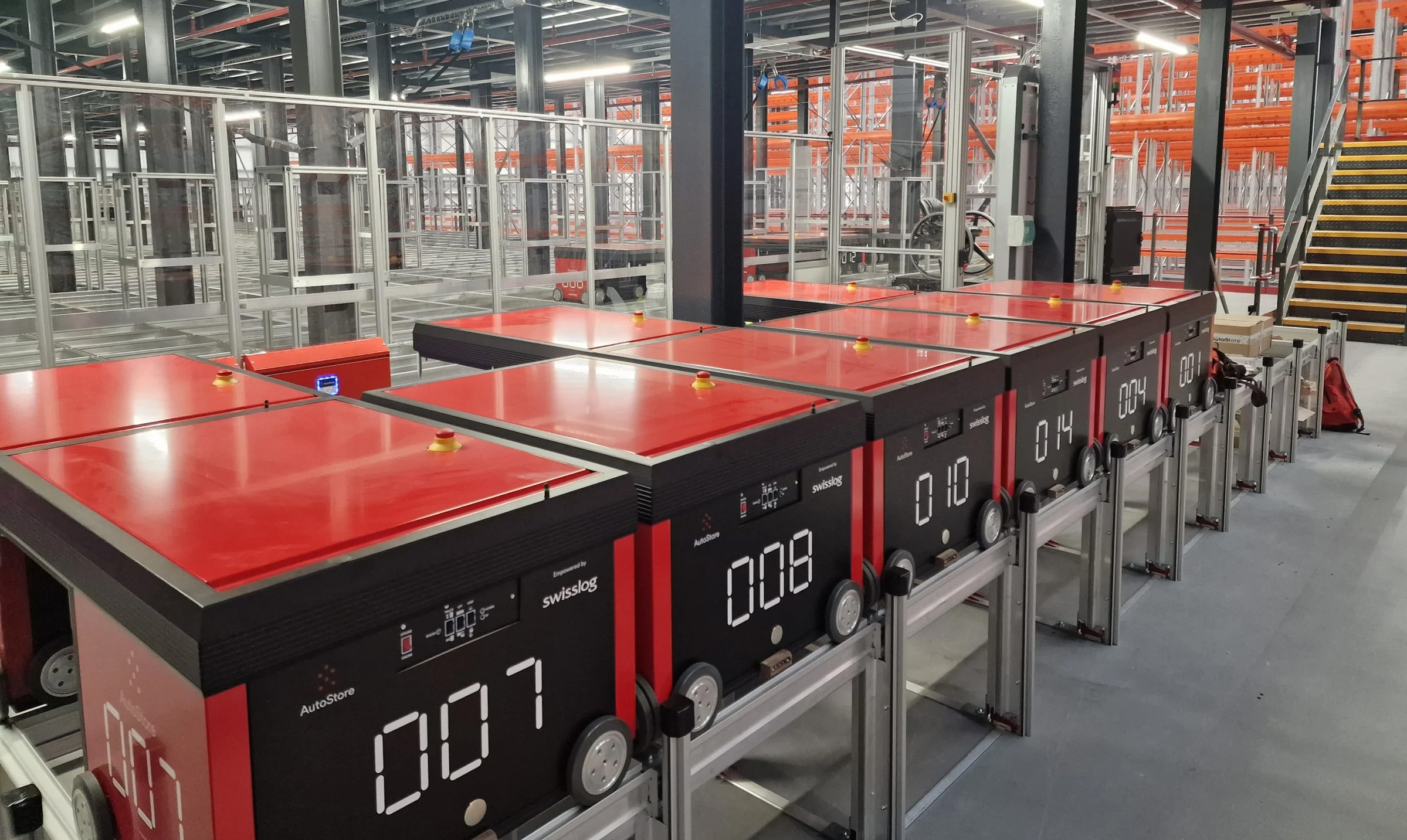We Are Now Autostore Installation Certified
Speak to a member of our team
Get in TouchProgrammable Logic Controller (PLC) programming controls might be automating processes for industrial and commercial businesses, but that doesn’t make them impervious to malfunctions.
Learn why opting for remote maintenance is the smartest decision you’ll make for business operations this year.
With the emergence of industrial IoT (internet of things) and the development of PLCs, leveraging technology is becoming an integral part of automating processes in factories and businesses.
A Programmable Logic Controller can control machinery or electro-mechanical equipment, operating in real-time and surviving conditions that would damage a normal computer. However, this doesn’t mean they can’t malfunction from time to time.
Once a PLC is embedded into your machinery, you’re reliant on its stability and functionality. Just one failure and it could severely damage productivity and income.
Due to the complexities of PLC programming controls, it can be quite expensive to call upon responsive technicians to rectify issues. This is where remote maintenance comes in.
With every aspect of a production line relying on a PLC to automate processes and improve productivity, you must keep the system in top working condition.
When a PLC control malfunctions, the output can be compromised and you could end up wasting hours waiting for an engineer to attend your needs. Firstly, they have to get there, and secondly, it may take them a considerable amount of time trying to find a solution to the problem.
Hiring an on-site engineer to manage PLC programming maintenance may seem like a positive alternative. However, having multiple workers on-site adds up when you’re trying to minimise overheads in the post-COVID-19 world.
Plus, depending on human workers to monitor PLC components is promoting a reactive way of working instead of proactive. You see, PLC programming and software systems are complex, with intricate coding defining the data passed from every component of the production line. So, a human engineer would be fortunate to spot an impending issue before it occurs when they’re trying to juggle various other tasks.
In contrast, a remote PLC programming maintenance service utilises technology and rarely requires on-site human intervention. This not only cuts down costs on travel and call-out fees occurred from hiring reactive engineers, but it’s also a lot cheaper (and effective) than employing someone to be on standby every day of the week.
Setting up remote maintenance is simple. All you have to do is give a reputable PLC programming specialist remote access to your PLC control systems and they’ll be able to dial it into their modem.
This will then retrieve valuable data on when a system is going to malfunction.
An engineer can rectify the problem remotely and then report on any errors, updates and ongoing work that needs doing afterwards.
Having the capability of reading and transmitting diagnostic information makes it possible for a remote engineer to monitor a PLC system’s condition and proactively detect any problems before they occur. This is a much smarter way of working, especially when time equals money.
The key benefits of hiring a remote PLC programming expert include:
The bottom line is, relying on a human-led reactive service is no longer sufficient and can leave you with substantial bills every month. Especially if you work offshore or in a remote area where it could take a longer time for an engineer to reach you.
Despite many businesses seeing the value in streamlining their manufacturing processes through PLC programming systems, it’s surprising how many still rely on outdated methods of maintaining it.
When demand surges and time is of paramount importance or you’re forced to operate on a tighter budget, you need to ask yourself whether you can afford to be reactive when it comes to PLC malfunctions. If the answer is no, then get in touch with us today to discuss the possibilities of remote PLC programming maintenance in more depth.
Stay up to date by following us on LinkedIn.




Feel free to fill out our form below and a member of our team will be in touch.